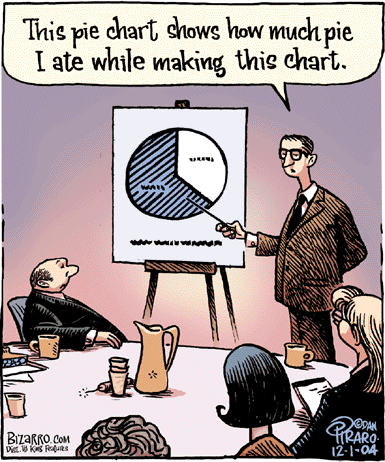I had to spend a little more time on this question than I did on the previous prompts for this blog.
I wouldn't want to create a device that reads other people's thoughts because thoughts are private matter, and it is up to the individual to tell us what he/she is truly thinking if that is what he/she wants to do.
I think it'd be neat to create a device to send our own thoughts to other people. This can be in the form of words or images or ideas, and we won't have to relate this through an indirect method like cell phones which have to send the information to our brain through our ears, or computers which send information through our vision. Instead, we can just connect with other individuals through brainwaves. The device will be portable and wireless. It will be connected to your head and record brain waves that translate into comprehensive thoughts that get sent to the person you want to communicate with.
Sometimes, we might not want to be overheard or overseen in our communication. By allowing people to send thoughts through a silent medium avoids the possibility of eavesdroppers. For example, when you know your friend is feeling sad but there are other people around and there is no way for you to comfort your friend without everyone else getting involved in the situation, you can just send these brain thoughts to your friend.

-Alice Huang

